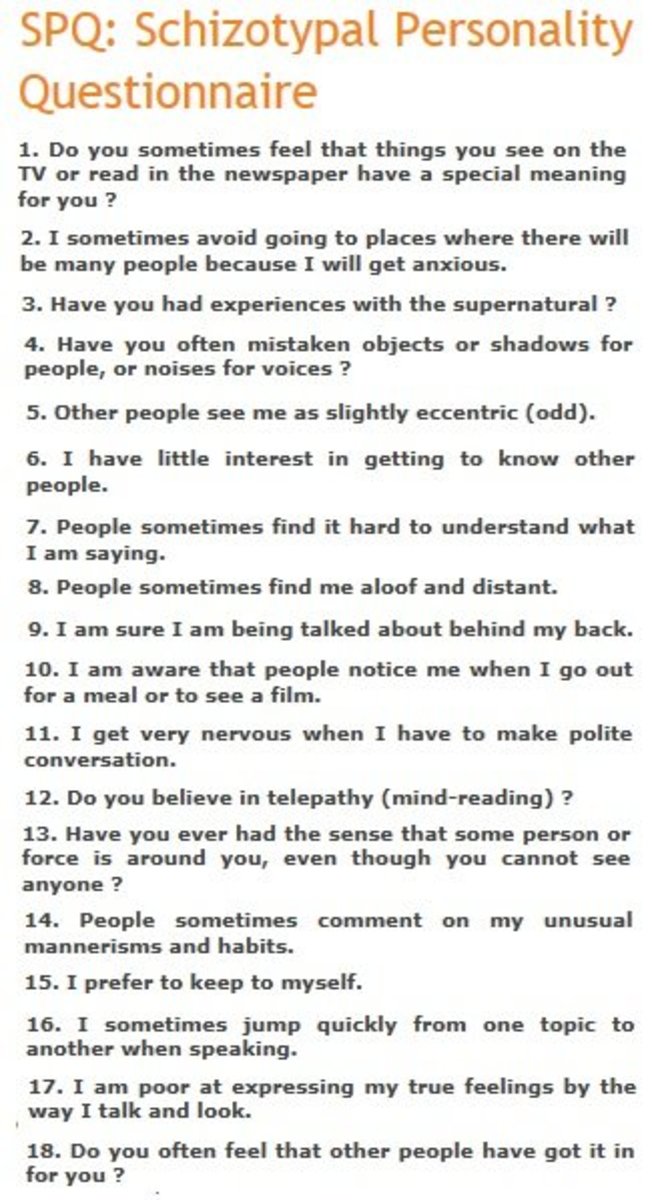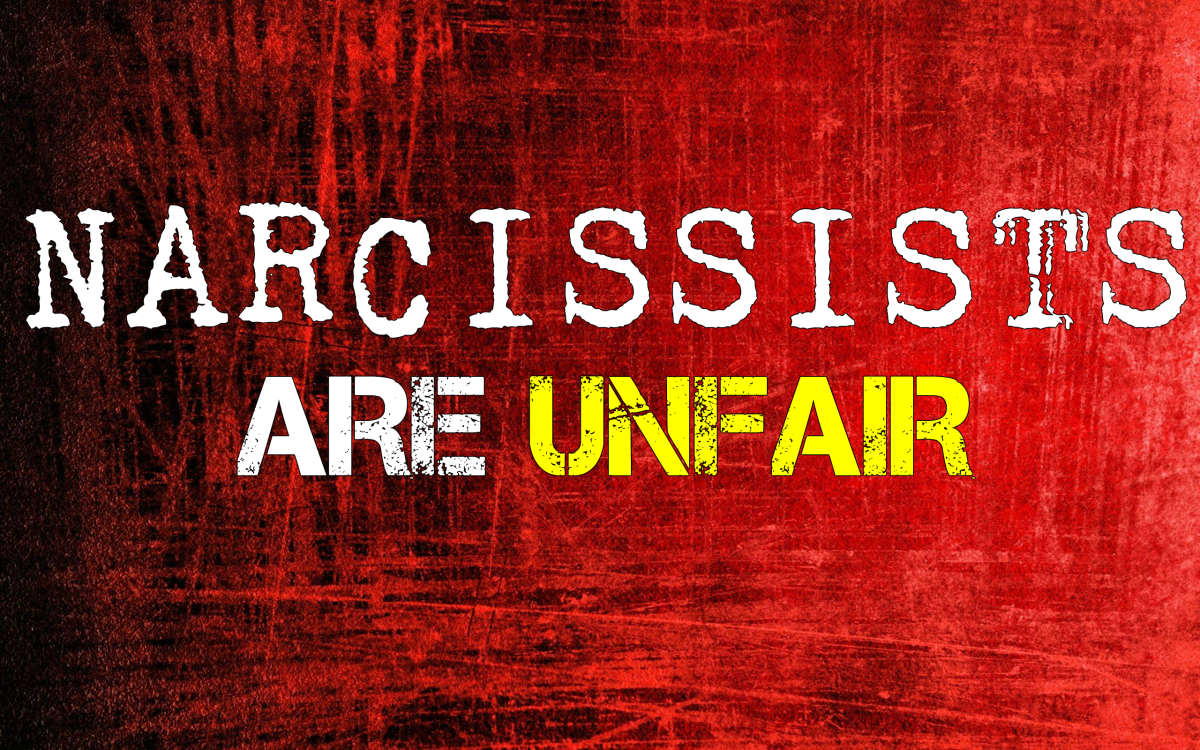Introduction to Personality Disorders
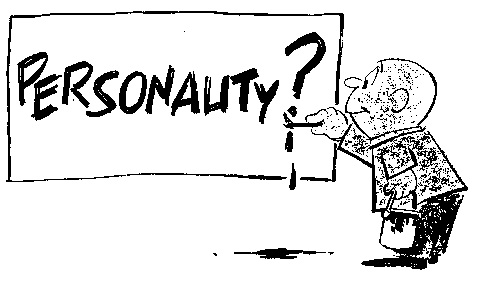
What Are Personality Disorders?
Personality is formed throughout childhood and adolescence with some more gradual changes through adulthood. It may be hard to believe that we do not change much after we enter adulthood, but if we consider our core values and the way we respond to our environment and other people, those things are pretty static after adolescence. Of course, at times we have major shifts in our value system, but often those are a result of a meaningful event. For example, as an adolescent, one might not give much thought to adultery, but as an adult, if one has had a serious relationship that involved adultery, one might have a shift in his/her values regarding this.
The diagnosis of personality disorder falls under the spectrum of mental illness. It may be hard to comprehend the notion that one’s own personality may be an illness. A disorder implies that something is wrong, but how can a person’s personality be wrong? Mostly, this means that somehow the personality deviates markedly from that of the cultural expectations. You may be thinking, “Why do I have to fit in a box?” That is a common reaction when learning about personality disorders. Truly, a person with a personality disorder does not have to change, and often, he/she is very reluctant to do so. Similarly, those without personality disorders would resist if told they needed to change their personality.

Personality Disorder Cases
You may be asking, “What makes a personality disorder a disorder?” Let us take a look at a few examples:
- Alex is married for 20 years. He has a loving, devoted wife. However, throughout their relationship he has had 20+ affairs. He has managed to lie about his whereabouts and charm his wife into staying with him even though she has suspected his infidelities. He has rarely held down a job for longer than a month, often getting fired for arguing with or threatening his superiors. He secretly beats the family dog when no one is home. On the outside, Alex seems a friendly, charismatic man. He has no shortage of acquaintances, and those who do not know him well find him to be a great guy.
- Joanna has always had trouble maintaining a long-term relationship. She loves so strongly and deeply, yet her relationships are fraught with drama. The men she dates do not know how to make her feel loved and appreciated. For some reason, even though she does not want to lose them, they always leave her. She often threatens to kill herself when they are breaking up, and sometimes, they will stay a little longer after that. When they inevitably leave her, she cannot tolerate the pain and locks herself in the bathroom and cuts her thighs and stomach with a razorblade. It is the only thing that makes her feel better.
- Howard is a hard worker. He has had a job since he first began mowing grass at the age of 8. It was not hard to get work, since he was better than most grown men at the job. Now, at the age of 28, he owns his own lawn care service. He receives high praise throughout the community for excellence in his work. Unfortunately, he has a hard time keeping good workers. Often, when they quit, they accuse him of micromanaging, forcing long hours with no breaks, and just generally being difficult to get along with. Howard does not understand what the problem is. Shouldn’t everyone work in such a way that they can be proud of themselves? Lately, Howard has begun experiencing chest pain when work is not going well. He has difficulty sleeping at night, because he is thinking of all the things he must do the next day and no matter how much gets accomplished, it never feels good enough.
- Fran is 50 years old. She lives alone and works from home doing medical coding. She does not have a romantic relationship. In fact, she has never really been interested in sex or love. She is pleased with her own company, but is annoyed that her family continues to call to invite her over and to chat. She would much rather be alone, reading books or watching movies. She just wishes other people could understand this.
These examples demonstrate several of the characteristics of personality disorders. There is a strong resistance to change and inflexibility in each of the examples. The person with the disorder seems somewhat okay with their existence, but the people in their lives are troubled and/or hurt by their actions. Each person has enduring personality traits that do not exacerbate and remit. They are who they are.
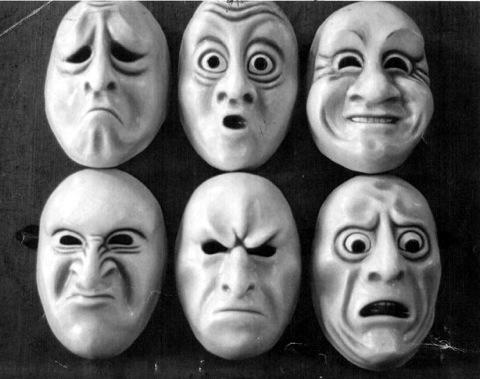
Personality Disorder Types
There are 10 identified personality disorders that fall into 3 different categories. There can be overlap, especially within the categories (e.g. Mr. Smith has traits of Borderline and Antisocial personality disorders).
Cluster A: Odd & Eccentric
- Schizoid: Cold, emotionless, solitary
- Schizotypal: Eccentric, almost psychotic under stress, social anxieties
- Paranoid: Suspicious, accusatory, holds grudges
Cluster B: Dramatic & Emotional
- Narcissistic: Self-absorbed, inflated ego, grandiose, may have very low or very high self-esteem
- Antisocial: rule-breaker, angry, yet charming, adulterous, can be criminal (e.g. murderer, rapist, con artist, etc.)
- Borderline: extreme fear of abandonment, highly emotional, volatile, sometimes self-mutilates
- Histrionic: provocative, sexual, shallow emotions, believes relationships to be more than they are
Cluster C: Fearful & Anxious
- Avoidant: fears criticism and rejection, poor self-esteem and low self-confidence
- Dependent: needy, requires someone else to take care of and make decisions for him/her
- Obsessive-Compulsive: meticulous, micro-manages, anxious, may have rituals or hoarding behaviors
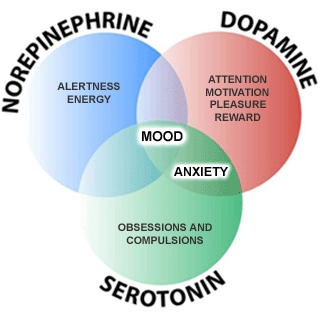
Further Study
Calling a personality disorder an illness is a bit of a gray area. However, research suggests that people who have personality disorders may have biological reasons (e.g. chemical imbalances, brain structure abnormalities, etc.), in addition to environmental influences, for their behaviors and feelings. If this is the case, hopefully, we will be able to determine the exact cause and prevent or effectively treat these disorders.
Until then, it is important that healthcare providers, friends, family, and coworkers understand what personality disorders are and learn the best way to interact with the people in our lives who suffer from them.

Learn More About Antisocial Personality Disorder
- Antisocial Personality Disorder 101
This article describes the traits of Antisocial personality disorder, the treatment recommendations, and suggestions for loved ones and healthcare professionals.
Examples Quiz
Try the quiz to see how much you know about the specific personality disorders. If you do not score as well as you would like, no worries as I will be posting some articles detailing each of the personality disorders soon!
Directions: Based on the 4 examples in the above article, answer the following questions.
Personality Disorders Resources
© 2012 Leah Wells-Marshburn



